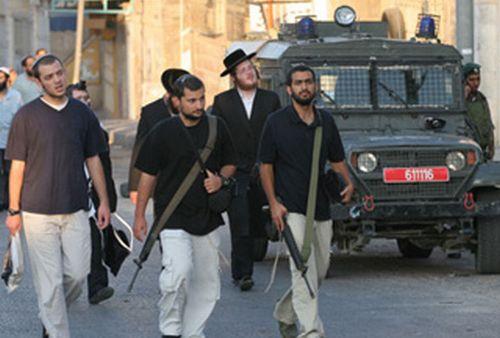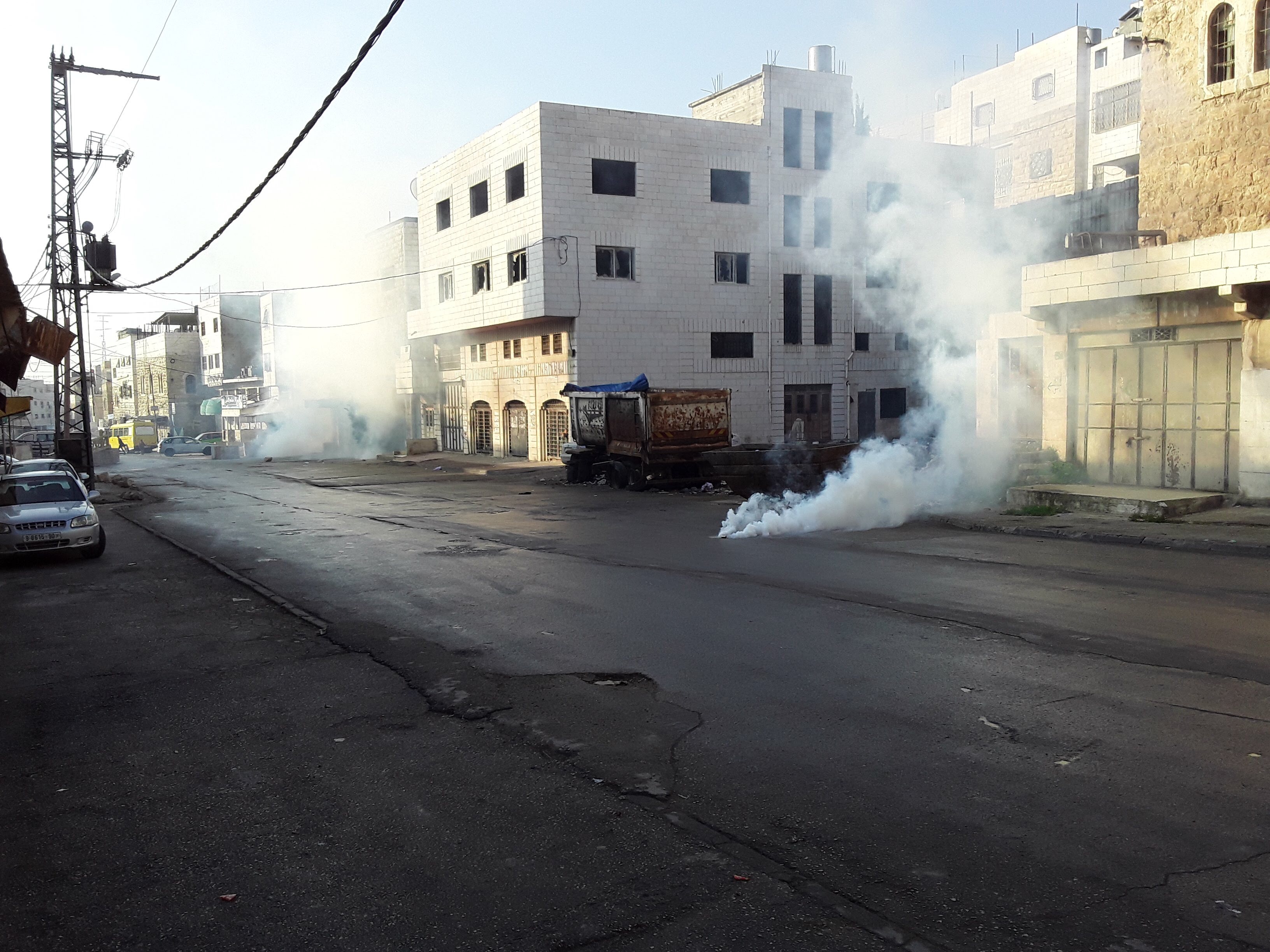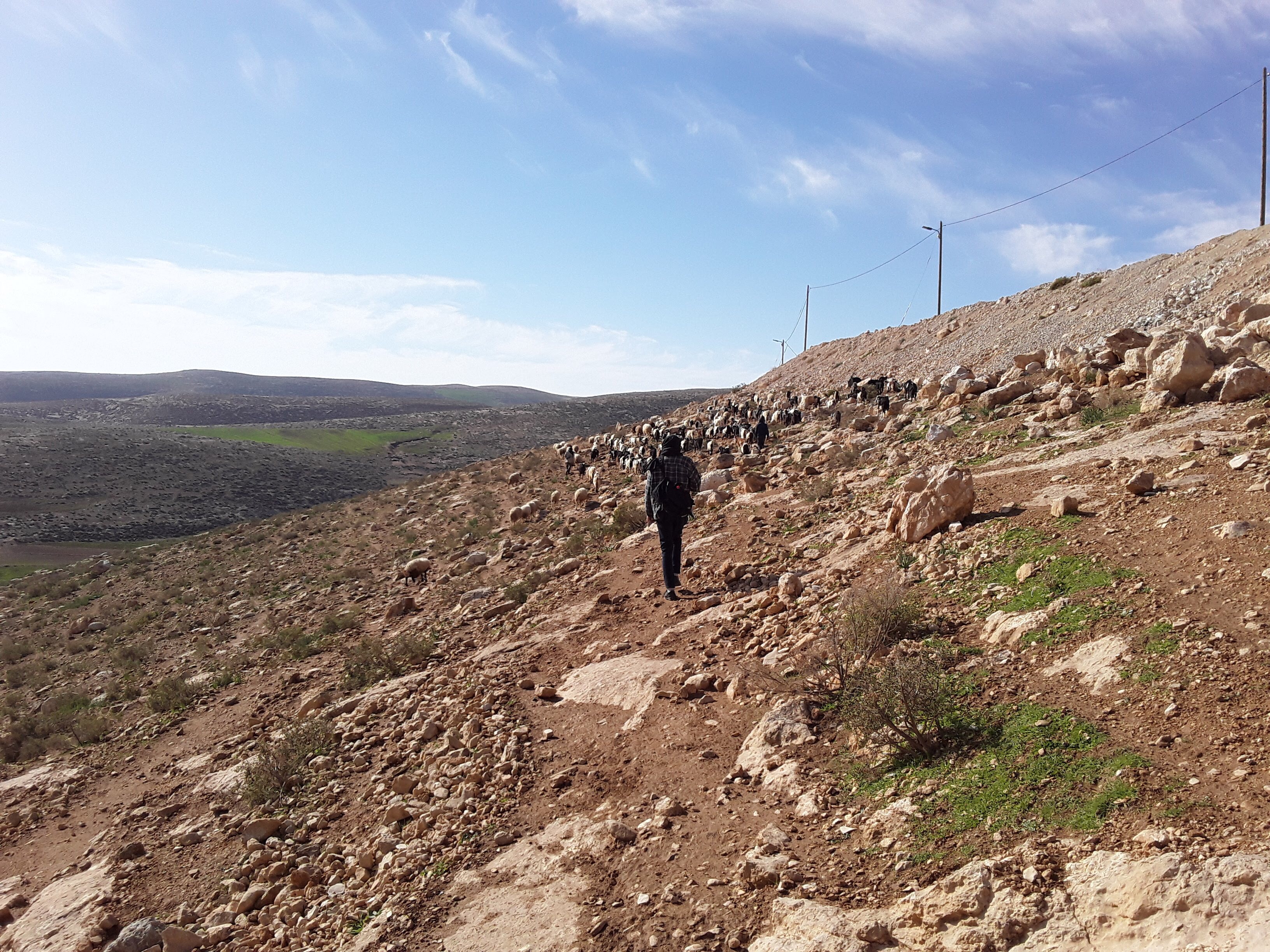Category: Press Releases
-
Settlers’ continue to terrorize Al-Khalil
17th February 2019 | International Solidarity Movement, Al-Khalil team | Hebron, occupied Palestine At the end of January the occupation barred international ‘observer’ groups from Al-Khalil (Hebron), who were stationed throughout the city for more than 20 years, following the massacre of 29 Palestinians inside Ibrahim mosque in 1994 by a fanatical Israeli terrorist.…
-
Hebron Report 15.02.2019
On the morning of February 14, 2019, ISM activists were forced to leave the Shuhada Street area as it was declared a closed military zone. The activists were monitoring the Qurtuba checkpoint, which is passed every morning by teachers and children going to school. Palestinians are regularly targeted and harassed by settlers and the military…
-
Resistance in the South Hebron Hills
In early January, ISM activists visited the villages of Um al-Khair and At-Tuwani in the South Hebron hills in order to participate in renovation work on ancient caves and to bear witness to recent settler violence in both villages. The villages are located in Area C of the occupied West Bank, occupied Palestine, an area…



